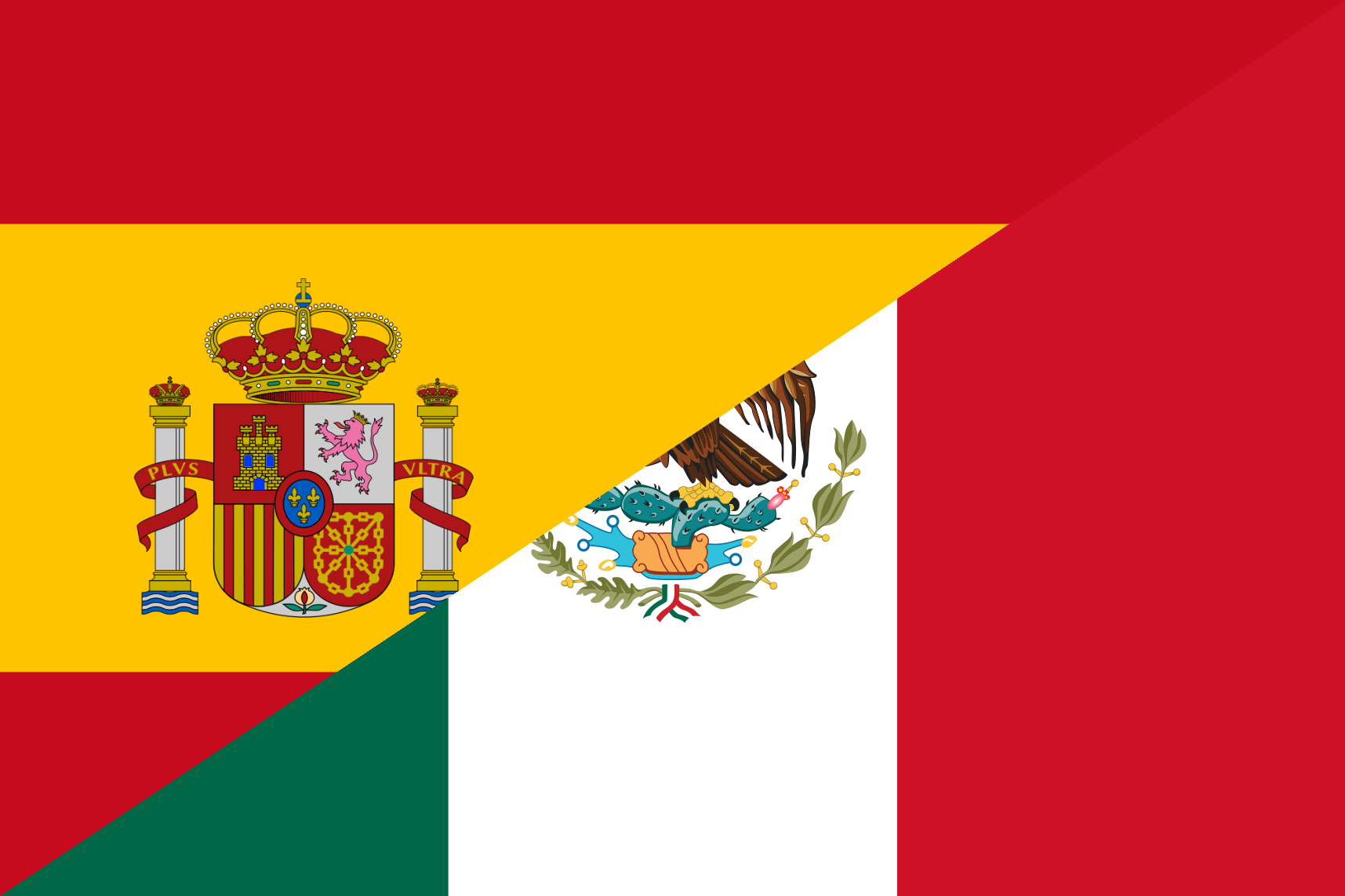doble
(Anglų k.)
doblar
- (transitive) to fold
- (transitive) to double
- (intransitive, transitive) to bend, to turn
- (transitive) to dub
- (transitive) to lap (to overtake a straggler in a race by completing one more whole lap than the straggler)
- (intransitive) to toll
- (reflexive) to bend, to become curved
Dažnis
Brūkšneliu surašyta kaip
do‧ble
Tariamas kaip (IPA)
/ˈdoble/
Etimologija (Anglų k.)
In summary
From Latin duplus or duplex; if from the former, it is uncertain whether it was inherited or not, and may have been taken from a Catalan or Provençal intermediate, as the final '-e' rather than '-o' is unexpected. If from the latter, it is possible that it came from a Vulgar Latin *duplem as a variant accusative to Latin duplex (rather than the normal duplicem), formed analogically. Alternatively, it may derive from duple, the vocative of duplus, though this is less likely. The word may have also simply undergone a change of suffix internally within Spanish; an old form doblo was attested, but only in a legal sense. Compare Galician dobre, Portuguese dobro. Cf. also duplo and dúplex, which were later borrowed from Latin and may be doublets.
Related words
Sign in to write sticky notes








Pradėkite mokytis ispanų su learnfeliz .
Praktikuokite kalbėjimą ir įsiminimą „ doble " ir daugelio kitų žodžių bei sakinių, esančių ispanų .


 double
double doppio
doppio doppelt
doppelt dubbel
dubbel